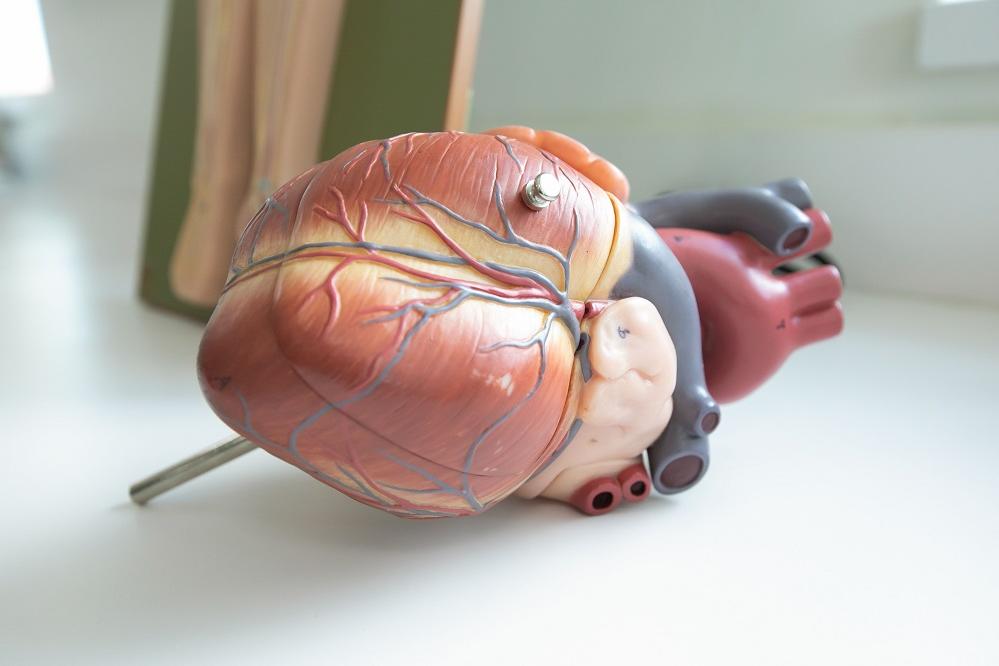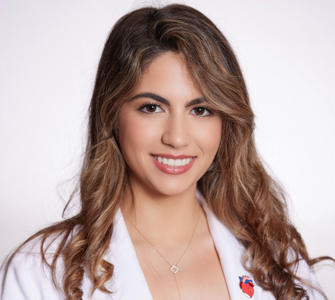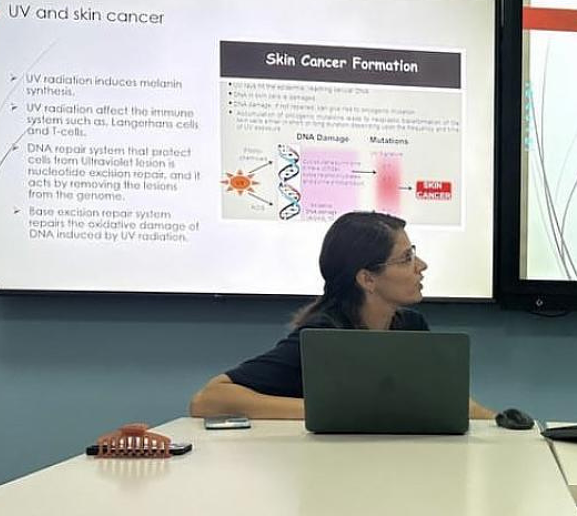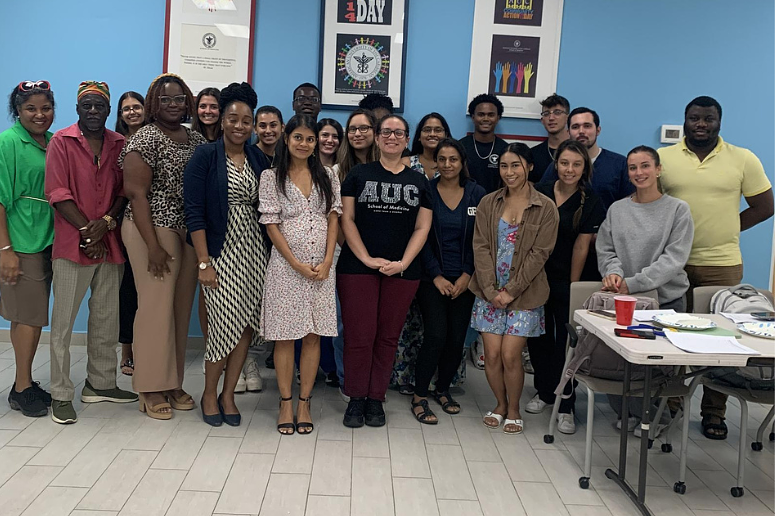As AUC continues its focus on training tomorrow’s physicians to provide extraordinary care in a complex healthcare landscape, the university has introduced an integrated organ-systems based curriculum. This model, which has been in development for more than a year and is aligned with many US-based medical school curricula, will offer more opportunities to integrate medical knowledge with clinical case-based learning.
“Our goal is to provide basic medical sciences information in an appropriate clinical context so that students learn to think like a clinician from week one of medical school,” said Dr. Mike Michel, Associate Dean of Medical Sciences Curriculum.
Students will engage in case-based discovery and will learn medical sciences concepts through the lens of patient introduction. After “meeting” a simulated patient or reviewing a case, students will be empowered to unravel the case by working in small groups and synthesizing the medical sciences information and clinical skills that will be presented in their coursework.
A Phased Launch
The curriculum launched last week, with the start of AUC’s September 2021 semester. New first-semester students in AUC’s Sint Maarten cohort will be the first to learn in the new curriculum; plans are in place to roll it out in to first semester students in AUC’s UK Track in May 2022.
Curriculum redesign is a multi-year process, and AUC will continue to offer our current discipline-based curriculum—referred to as our “legacy curriculum,” composed of separate basic sciences and clinical medicine courses—simultaneously as we introduce the integrated organ systems-based curriculum for subsequent incoming cohorts of students. Both curricula share the same program goals, and both aim to prepare medical students for success on the United States Medical Licensing Examination® (USMLE®) Step 1.
A Team-Based Approach to Modern Medicine
With a focus on a team-based approach to care, the new curriculum is designed to reflect how modern medicine is practiced. “We are preparing students to succeed as members of teams,” said Dr. Michel, commenting on how few physicians work as individuals today. Many work in teams with nurses, physician assistants, and other technicians to provide care. The new curriculum will place students in small groups and task them with providing a progressive disclosure of a patient case. They’ll do this through obtaining patient histories, conducting physical exams, and integrating additional fundamental skills. “By the end of the semester, students will be able to fully evaluate a clinical case.”
“The sooner students are able to learn and apply the technique of clinical reasoning, the better,” said Dr. Michel. He noted that strong reasoning skills are imperative for success on multiple-choice, vignette-based questions that appear on the United States Medical Licensing Examination® (USMLE®) Steps 1, 2, and 3.
Beyond Medicine – Integrating Public Health, Advocacy, and History
The curriculum will be delivered in a series of modules that group related or interconnected biological systems, starting with “Molecules to Medicine” in the first semester, followed by modules focusing on organ systems such as musculoskeletal and dermatology, cardiovascular, gastroenterology and nutrition, and more.
Woven through the modules will be common threads, or “IMPACTS,” which will apply to each organ system and provide real-world sociocultural perspective to the medical knowledge and clinical skills being taught. The impacts include Social Determinants of Health, Diversity & Inclusion, Community Engagement, and other themes designed to go beyond the science and focus on the art of medicine.
AUC will continue to offer robust academic support resources that complement students’ coursework, including tutoring, learning enhancement courses (LECs), and test-taking skill reviews, to ensure students are positioned to succeed in both classroom and clinical settings.
“Medical knowledge, clinical skills, and the art of medicine are all key components of the integrated curriculum. It’s important to have competency in all three aspects in order to be an effective doctor,” said Dr. Michel.





